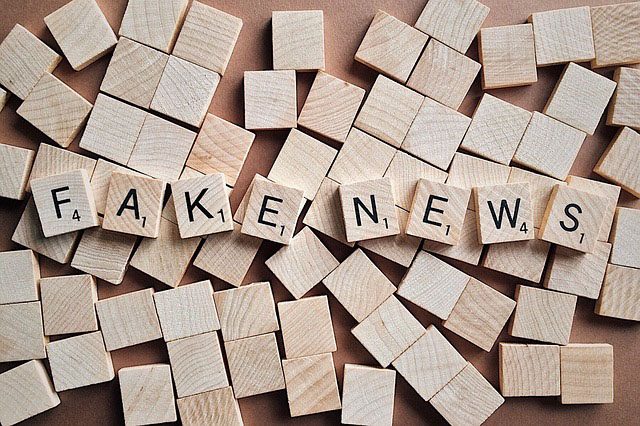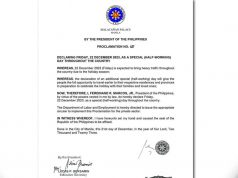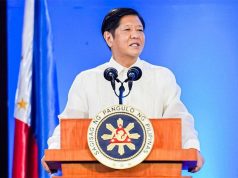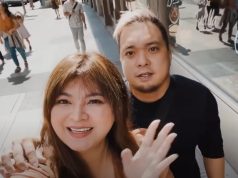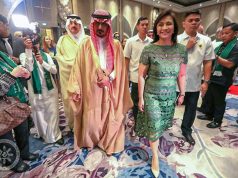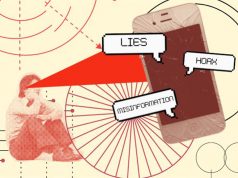Various news organizations and top universities agreed to collaborate to form the first cross-newsroom fact-checking initiative in the country called Tsek.ph for the upcoming mid-term polls this May.
The University of the Philippines’ journalism department as well as Interaksyon, Philstar.com, ABS-CBN News and VERA Files, among others, initiated the project to counter the spread of disinformation via troll and fake accounts on social media.
Other members of Tsek.ph are the following:
- Ateneo de Manila University
- De La Salle University
- The Philippine STAR
- Mindanews
- Probe Productions
- Rappler
- DZUP
- Baguio Midland Courier
- Central Luzon TV 36
Tsek.ph’s goal is to be a one-stop shop of fact checks related to the 2019 elections.
“It is an initiative of academe and media to counter disinformation and provide the public with verified information,” its website said.
These claims include candidates’ campaign platforms and promises, election-related statements and remarks and election-related posts on social media and blogs.
It will rate these posts based on five categories: accurate, false, misleading, no basis and needs context.
It is guided by the code of principles of the International Fact-Checking Network or IFCN, a unit of the Poynter Institute of Media Studies.
Since the national elections in 2016, there has been an increase of false information or fake news on social media defending and promoting partisan groups and causes.
In 2018, Facebook, the largest platform, started to take action against these posts as a move to win back the trust of its users following its own massive data breach affecting their personal information.
Local news organizations which are now part of Tsek.ph had been implementing their respective fact-checking schemes online prior to the collaboration.
The purge
Facebook performed a massive crackdown against questionable pages and accounts twice in 2018 and another one earlier this year.
The first one was in April of last year when Facebook banned websites and pages, which happened to those supporting President Rodrigo Duterte and his policies, deemed to be non-compliant with its community standards.
In October, another batch of 95 pages and 39 accounts were removed due to violation of its “spam and authenticity policies.”
While these pages cover politics and entertainment, majority contains content that support Duterte and his allies.
In January 2019, Facebook banned digital marketing group Twinmark Media Enterprises and all its subsidiaries for repeated violations of its spam policies “through coordinated inauthentic behavior.”
Such move removed 220 Facebook pages, 73 Facebook accounts and 29 Instagram accounts, along with their millions of followers.
“This organization has repeatedly violated our misrepresentation and spam policies — including through coordinated inauthentic behavior, the use of fake accounts, leading people to ad farms, and selling access to Facebook Pages to artificially increase distribution and generate profit,” said Nathaniel Glachier of Facebook’s Cybersecurity Policy.
“We do not want our services to be used for this type of behavior nor do we want the group to be able to re-establish a presence on Facebook,” he added.
Several questionable accounts on Twitter and Instagram with photos and words of admiration for certain political figures were also spotted following random social media users.
A closer look to these accounts showed they have little to no followers and their comments section filled with harsh comments against a rival.
The names of politicians tagged in these dubious accounts include the Marcoses and Senator Grace Poe.
According to a study conducted in February 2018, the problem of fake news production and troll accounts on social media can’t be easily solved by merely blocking, banning or removing suspected parties.
Communication scholars Jonathan Ong and Jason Cabañes found that advertising and public relations executives are at the top of the “disinformation hierarchy” while digital influencers and fake account operators are only paid to do their work.
While it may not be enough, fact-checking posts and claims is a step closer to counter and reduce lies being shared to the public.

